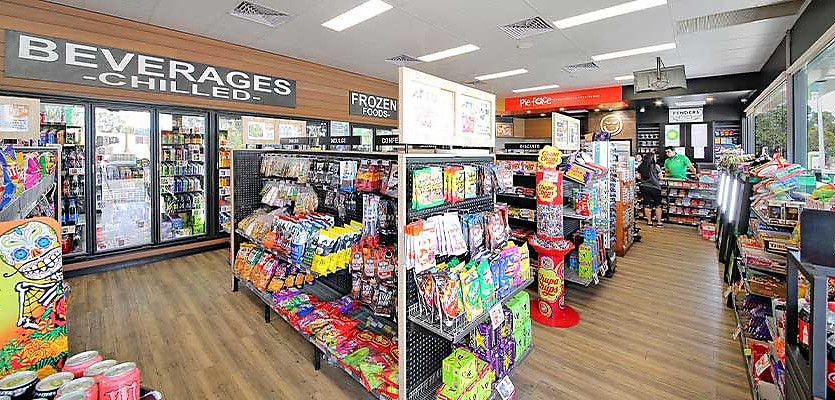Financial conditions have seen more private investors interested in putting their cash into service stations.
With low interest rates and a desire for investors to invest in property that achieves a high yield, more buyers are exploring different asset options, according to Ray White’s latest Between the Lines research.
One of the options that has taken investors’ interest is service stations.
“It’s had high investor interest over the last five years, most notably from the private investor market,” Ray White Commercial NSW’s Samuel Hadgelias said.
“Over the 10 months of 2019, Ray White Commercial has monitored $93,738,000 in service station transactions. Recent portfolio sales have propped up this total volume, but it’s still behind the $165,720,000 recorded for the full 2018 period.”
Since the height of the market in 2016, volumes have fallen substantially, which Mr Hadgelias linked to the change to LVRs, which has made it more challenging for private buyers to finance their purchase.
“Similarly, tougher lending conditions have seen greater scrutiny over asset purchases, which has also seen a movement in the volumes between regional and metropolitan sales.
“There are currently 116 new projects across [New South Wales], 84 of these being for the development of new service stations, including 66 in metropolitan locations.”
Ray White Commercial NSW and Queensland are working together to sell a BP service station in Prestons.
The service station has a price guide of $8.8 million, and it is leased until the end of 2030 with three extra five-year renewal options, Ray White Commercial’s Joseph Assaf said.
“The current net income produces $442,617 p.a. plus GST, with the lessee reliable for 100 per cent of the outgoings, including land tax.”
There is concern about the impact electric cars could have on the bottom line of service stations, and it has caused some trepidation from buyers, Ray White head of research Vanessa Rader said.
“There’s some uncertainty surrounding the permanency of petrol-fueled vehicles as many overseas nations have mandated the reduction in these vehicle sales within the next 20 years,” Ms Rader said.
“Despite this being a threat to the future of the service station, this has not translated through to the development of new service station assets across NSW.
“With fast charging technology rapidly improving, the evolution of this asset class will see greater electric charging facilities needed.”









You are not authorised to post comments.
Comments will undergo moderation before they get published.